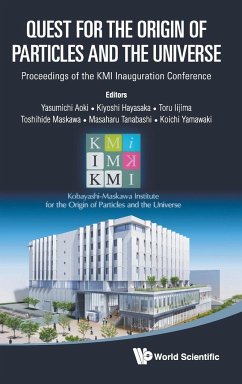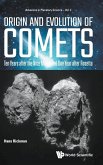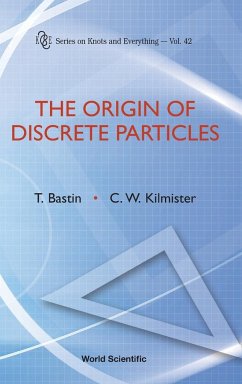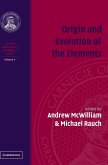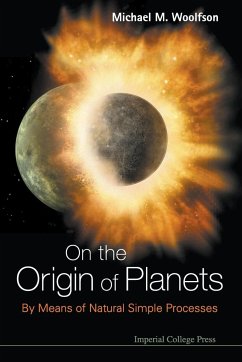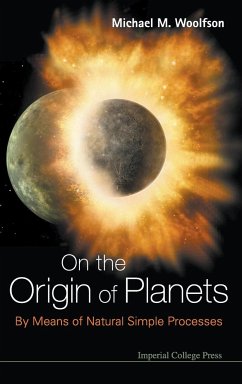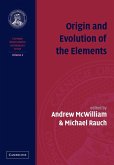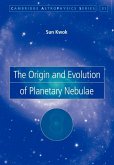The Kobayashi Maskawa Institute for the Origin of Particles and the Universe (KMI) was founded at Nagoya University in 2010 under the directorship of T Maskawa, in celebration of the 2008 Nobel Prize in physics for M Kobayashi and T Maskawa, both who are alumni of Nagoya University. In commemoration of the new KMI building in 2011, the KMI Inauguration Conference (KMIIN) was organized to discuss perspectives of various fields both theoretical and experimental studies of particle physics and astrophysics as the main objectives of the KMI activity. This proceedings contains an opening address by T Maskawa conveying his hopes for KMI to create new revolutionary directions in the spirit of Shoichi Sakata, a great mentor of both Maskawa and Kobayashi. Invited speakers, world-leading scientists in the fields, and the young scientists at KMI contributed to this volume containing theoretical studies of strongly coupled gauge theories in view of LHC phenomenology, string theory approach and lattice studies as well as hot/dense QCD system, and also super-symmetric GUT models, etc., together with experimental studies of LHC physics, B physics, neutrino physics and the related astrophysics and cosmology. The volume yields a unique synergy of particle physics and astrophysics, closely related to the main activity of KMI encompassing particle theory (including lattice computer simulations), particle physics experiments, cosmology, and astrophysics observations.
Hinweis: Dieser Artikel kann nur an eine deutsche Lieferadresse ausgeliefert werden.
Hinweis: Dieser Artikel kann nur an eine deutsche Lieferadresse ausgeliefert werden.
